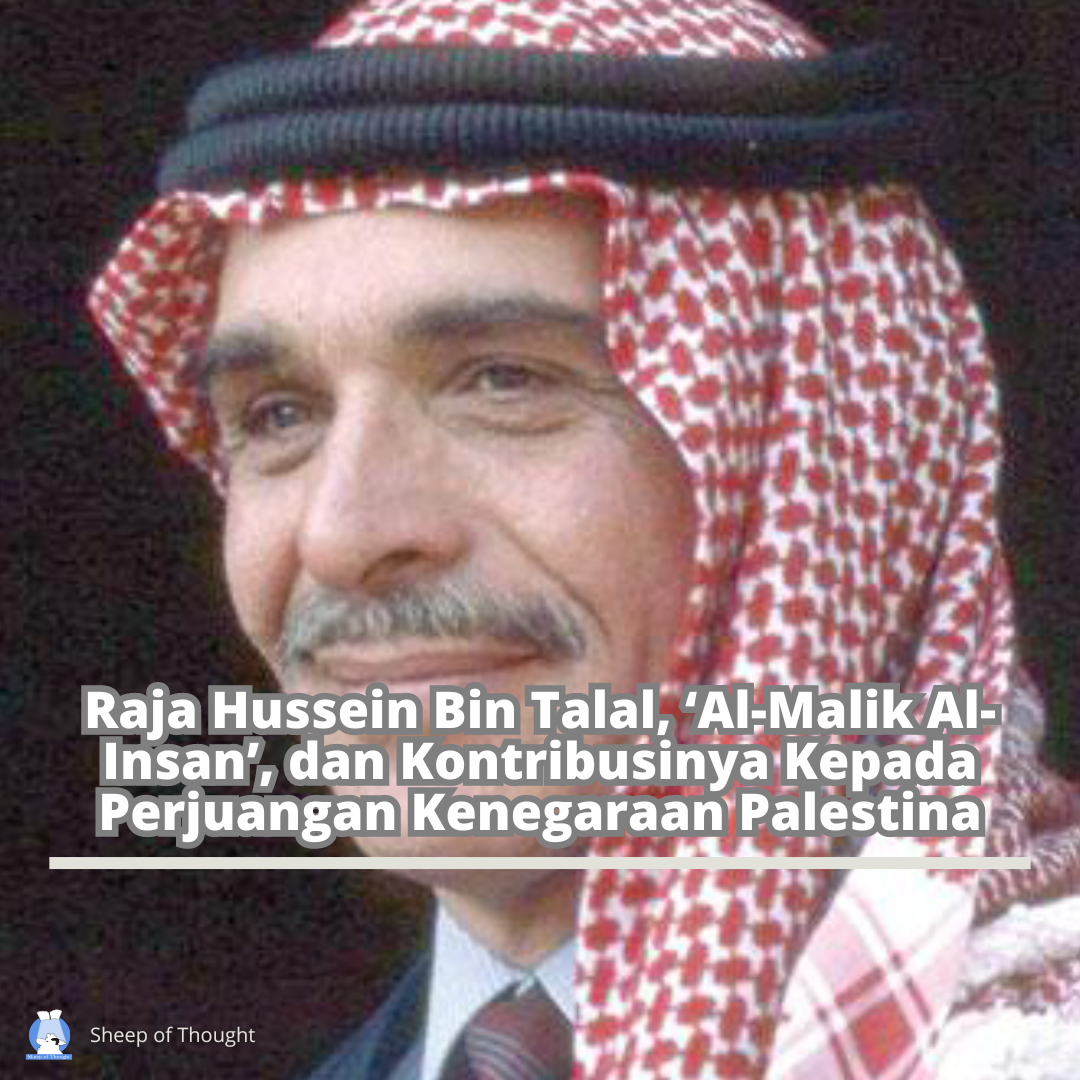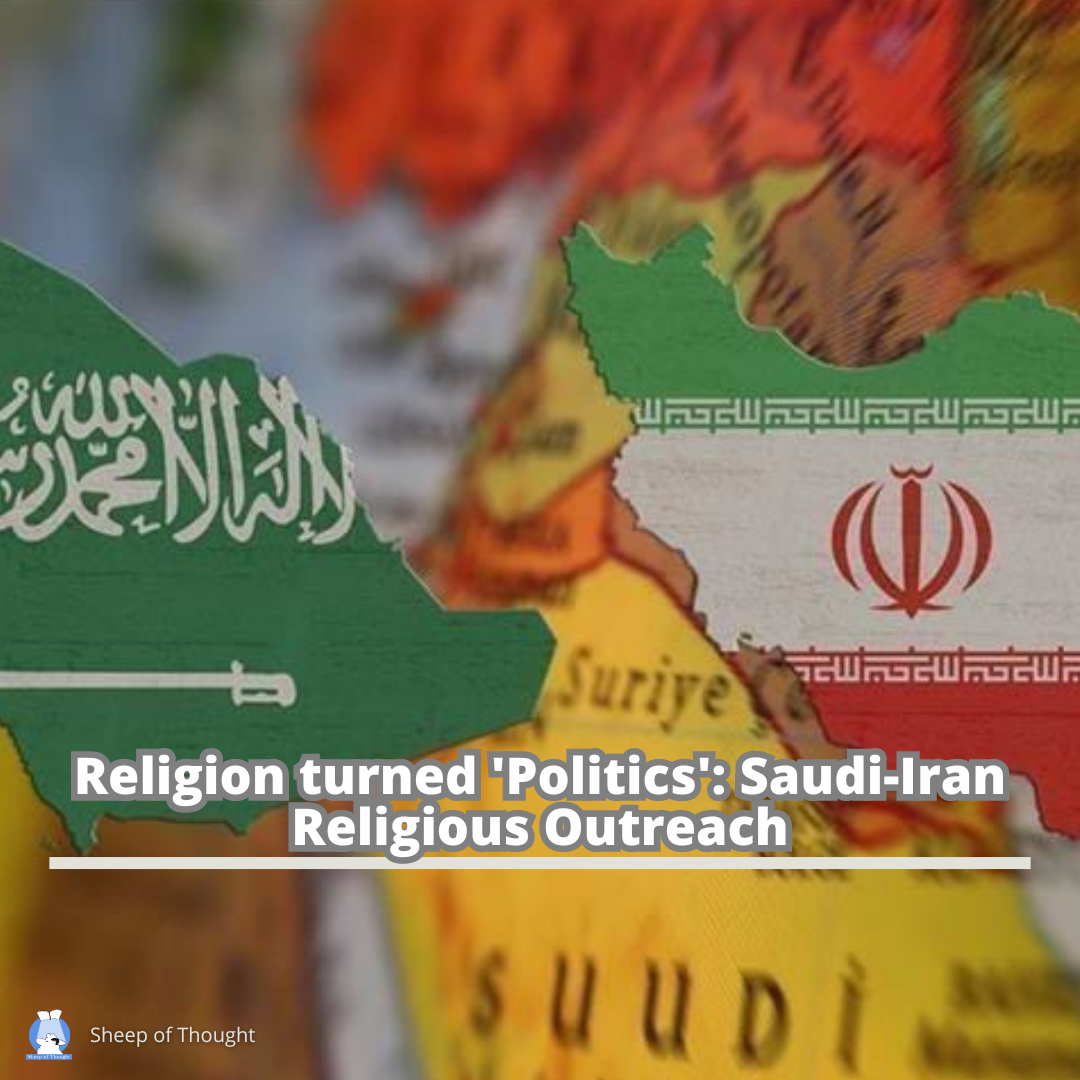Neo-liberal focused on international trade liberalization (Sorensen & Jackson, 2003) with ambition to realize global market, which in its efforts also produces global community. The establishment of major economic institutions such as International Monetary Fund (IMF), World Bank, and Wold Trade Organization (WTO) – were strongly hold up by the US and the western bloc after the end World War II, to be an order and direction, as well as force moving forward to compete with the eastern bloc led by the Soviet Union which also established economic institutions of their own.
Neo-liberal policies focused on building a international system based on mutual agreement among state actors and non-state actors. Assured to provide benefit and mutual dependence to made individuals and goverments affected by what happened elsewhere also known as positive-sum game.
Neo-marxist challenge the ideas and assumption of neo-liberal and its goal to develop a capitalist society for modernization. Alexandre Anievas (2010) stated that for the neo-marxist approach, the key agents and structure are not simply in the basis of the nation-state and international system[1] (as it is with the noeliberal) but also classes, ideological movements, economic market forces, ideas, identities and norms operating at the international and often connected transnational and global levels. Neomarxist ideas indeed failed to outperform neo-liberals, coupled with the collapse of the Soviet Union. However, we must acknowledge that marxist theory is not singular as Simon (2004) put forward, it can become a means to understand the communities/states with the aim to transform it. Neo-marxist argues that neo-liberal have no interest in transforming it.
According to Simon (2004), free trade put forward by neoliberal is very much the interest of the hegemon, which, as the most efficient producer in the global economy are able to produce goods which were competitive in all markets and will ultimately benefit them in the end of the process. The adoption of neo-liberal policy in third-world countries has had a number of implications, as neomarxist views neoliberal policies as the major reason behind the exploitation towards the ‘third world’. Fear, coercion, and black-and-white (binding agreements), is what generally speaking kept the alienated majority in society from speaking out or taking actions against the system. Gramsci believed that the most important aspects in marxism is a concrete analysis of concrete situations, he believed that development is mainly towards ‘internationalism’, but the starting point is ‘national’ and from that starting point, it must be ensured that the decisions and policies are for the benefit of all parties in the truthest context (Simon, 2004).
Hobden and Jones (2008) argues that the adverse effects of the neoliberal system were divided into three – Firstly, neoliberal is the interest of the core states, their product will most likely be valuable compared to periphery states. Secondly, the area of raw materials that periphery produced – periphery states produce raw material and when they have devalued their currency as part of a neoliberal regulations, the price of their exported raw material goes down. Thirdly, periphery states’ privatization will allows countries from North America and Western Europe frequantly able to snap up industries, companies, and other economic activities that are profitable domestically and internationally, at bargain prices which will give them advantage and slightly disadvantage the other.
Neomarxism has a highly distinctive and powerful contribution in the study of international relations as it provide challenges and critiques towards the neoliberal assumption that are promoted in today’s world. ‘Armor of coercion’ is the tool possessed by the hegemon (core) in order to achieve social order and for states to be tied by the system determined by the hegemon (Robinson, 1998). For example, the IMF is part of the United Nations system but is heavily influenced by Western nations (Ashman, 2010).
References
Anievas, A. (2010). The Renaissance of Historical Materialism in International Relations Theory: An Introduction. In Anievas, A. (Ed.), Marxism and World Politics: Contesting Global Capitalism (pp.1-13) New York: Routledge
Ashman, S. (2010). Capitalism, Uneven and Combined Development, and the Transhistoric. In Anievas, A. (Ed.), Marxism and World Politics: Contesting Global Capitalism (pp.183-196) New York: Routledge
Jackson, R. & Sorenson, G. (2003). Introduction to International Relations: Theories and Approaches (2nd ed.). New York: Oxford University Press
Hobden, S. & Jones, R.W. (2008). Marxist Theories of International Relations. In Baylis, J., Smith, S., Owens, P. (Eds.), The Globalization of World Politics: An Introduction to International Relations (4th ed.). (pp.142-179) New York: Oxford University Press
Robinson, W.I. (1998). Promoting Polyarchy: Globalization, US Intervention, and Hegemony. Melbourne: Cambridge University Press.
Simon, R. (2004). In Fakih, M. (Ed.). Gagasan Gagasan Politik Gramsci (pp.33-44) Yogyakarta: Pustaka Pelajar







Great post. I am facing a couple of these problems.
You could definitely see your expertise within the work you write. The sector hopes for even more passionate writers like you who are not afraid to say how they believe. All the time follow your heart. “No man should marry until he has studied anatomy and dissected at least one woman.” by Honore’ de Balzac.
You made some clear points there. I did a search on the topic and found most people will approve with your site.
I’ve been browsing on-line greater than 3 hours nowadays, but I by no means found any fascinating article like yours. It is pretty worth sufficient for me. Personally, if all website owners and bloggers made good content material as you probably did, the net can be a lot more helpful than ever before.
I’ve been exploring for a little bit for any high-quality articles or blog posts on this kind of space . Exploring in Yahoo I ultimately stumbled upon this website. Studying this info So i’m happy to convey that I have an incredibly good uncanny feeling I found out just what I needed. I most no doubt will make certain to do not forget this website and provides it a look on a relentless basis.